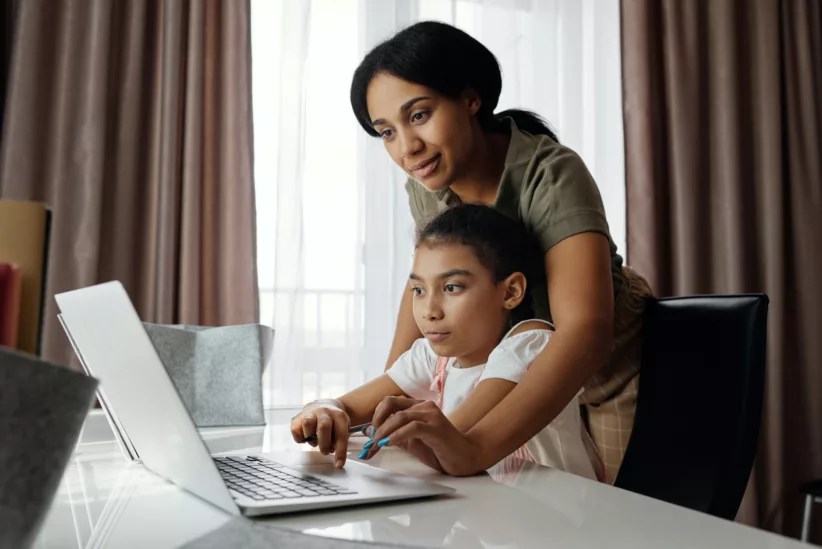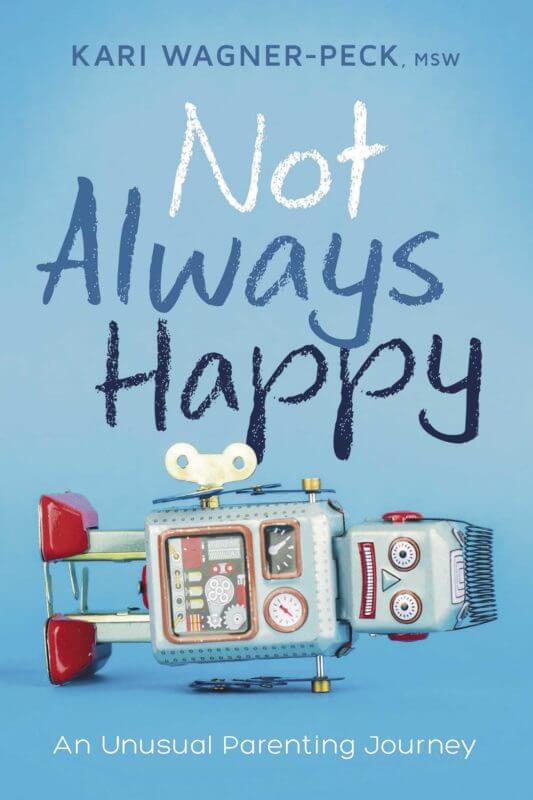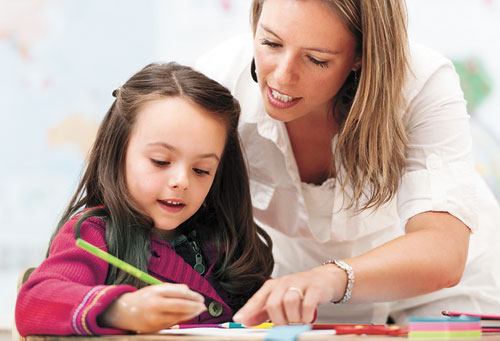
With learning going remote for the majority of kids this year, many parents may consider homeschooling in New York. Approximately 2 million students are home-schooled in the United States, according to the U.S. Department of Education, but that number will increase by at least 10 percent this year, projects The National Home Education Research Institute. It’s important to keep in mind that homeschooling is not remote schooling—you are cutting ties with your child’s former institution, which can be scary and liberating at the same time. Many of us may have thought about it before: What would it be like to home-school? Is homeschooling right for my family? How do I start homeschooling? Making this decision can be overwhelming, and since there is almost too much information available on homeschooling in New York, we tried to narrow down some core concepts.
How do I start home schooling in New York?
Your first step is to submit a home-school letter of intent to the local school district within 14 days of beginning home instruction within the district. The school district will then send you a packet of paperwork, including documents for your Individualized Home Instruction Plan.
Your IHIP, or what you plan to teach and the resources you will use, is due within four weeks of starting home schooling. Your IHIP must meet the required subjects by grade level that are mandated by New York state law. You will have to describe your curriculum and the goals for each student. Throughout the year, you will be responsible for four quarterly reports, defining how much of your home instruction plan has been successfully completed by that point.
Mike Wallach of Central Park Tutors warns that parents should be minimal when it comes to reporting goals. “For example, it’s better to say that the goal in math is ‘to increase fluency with long division’ than it is to say the goal is for a student to be able ‘to do long division problems in thirty seconds.’ Remember that the you will have to prove whether or not your child met the goals you set,” he says.
You’ll also have to maintain attendance records that show an equivalent instruction of 180 days a year and 900 hours for kindergarten to sixth grades, 990 hours for seventh to 12th grades. Time4Learning.com, a home schooling resource and course provider, has a handy, easy-to-digest list of New York state home-school requirements.
psst… https://www.newyorkfamily.com/balancing-sports-extra-curricular-activities/
How do I figure out what to teach?
While you can certainly be your child’s sole teacher, there are also now online home-school programs that provide live lessons with teachers; “bubbles” or “pods” where a group of students in an area gather with a parent, tutor, or teacher to learn; and “umbrella” schools where your home-school program is supervised by a private school.
Remember: By choosing to home school, you’re relinquishing the guidance of your child’s former school. Instead of letting that be intimidating, look at it as a time to take a break from “school ways” and learn how your kids can learn at home.
One of the biggest challenges will be figuring out your curriculum. You can find materials for reading, writing, and arithmetic through mail-order catalogues or online stores, including Scholastic’s Teacher Store. Online, software-based learning is available from many sources including Khan Academy, Dreambox and BrainPOP. State conventions and curriculum fairs, held several times each year, also showcase a variety of home-school publications and products.
Locally, the ROC Network for Learning provides academic resources for hundreds of families. Homeschool Academy also offers classes and advice for home schooling. Another great resources is the New York City Educator’s Alliance, or NYCHEA, which has educational opportunities for parents and kids and a members-only forum for discussions about home schooling.
“There are quite literally thousands of resources available for homeschoolers,” says Joanna Allen Lodin, a home-school veteran who offers Fearless Homeschooling Workshops in New York City. “The hard part is zeroing in on what each child needs in response to his or her interests and learning styles. I think if you start with what your child is curious about and follow that lead, you’re on the right track.”
This child-led learning style is popular with many home-schoolers. Laurie Block Spigel, who runs Homeschool NYC, says home-schooling parents should focus on three I’s: “Your child’s interests, your interests, and your immediate environment. It is your child’s enthusiasms, and yours too, that will make learning come alive.”
Where can I find support from other home-schoolers in New York?
The Homeschool Mom website is a good place for finding other home-schoolers in your area who can help you learn about age-appropriate activities such as sports, tutoring, or small clubs. Getting together with other home-school parents will not only make the process less lonely, it will also give you access to resources and materials you may not have known about. Plus, the parents you meet may opt to teach a subject, such as a foreign language or a science lab, to a group of students.
In New York City, Different Directions hosts events, support groups, and workshops where home schooling parents can meet up. Facebook is also full of home schooling support groups for different areas.
Even if you are just testing the waters to see if home schooling is right for your family, talking to experienced home-schoolers can help you make the decision whether or not to home-school. While the responsibility of educating your children can be daunting, it could also be a meaningful job and a special way to connect. Either way, it’s important to do your research before taking the leap.
psst… https://www.newyorkfamily.com/mental-health-tips-parents-of-autistic-kids/



















